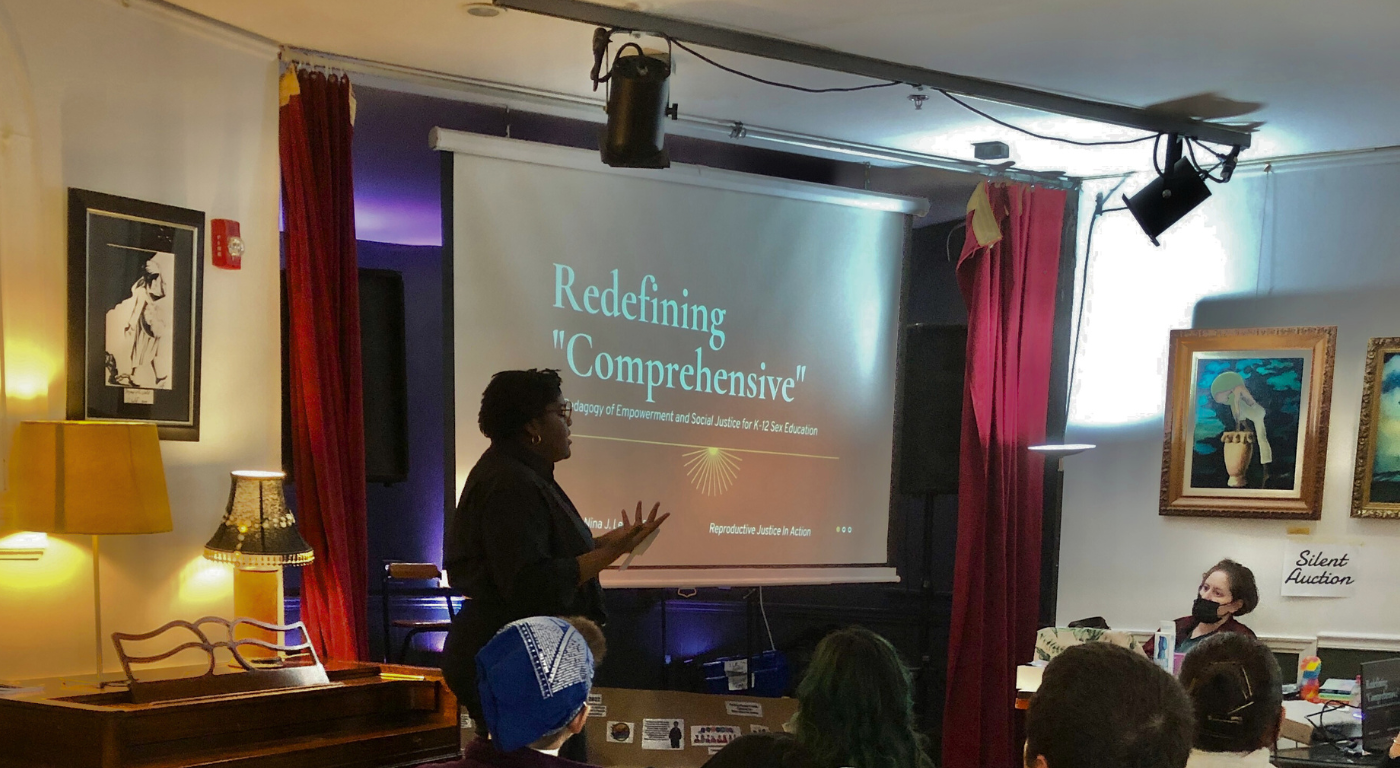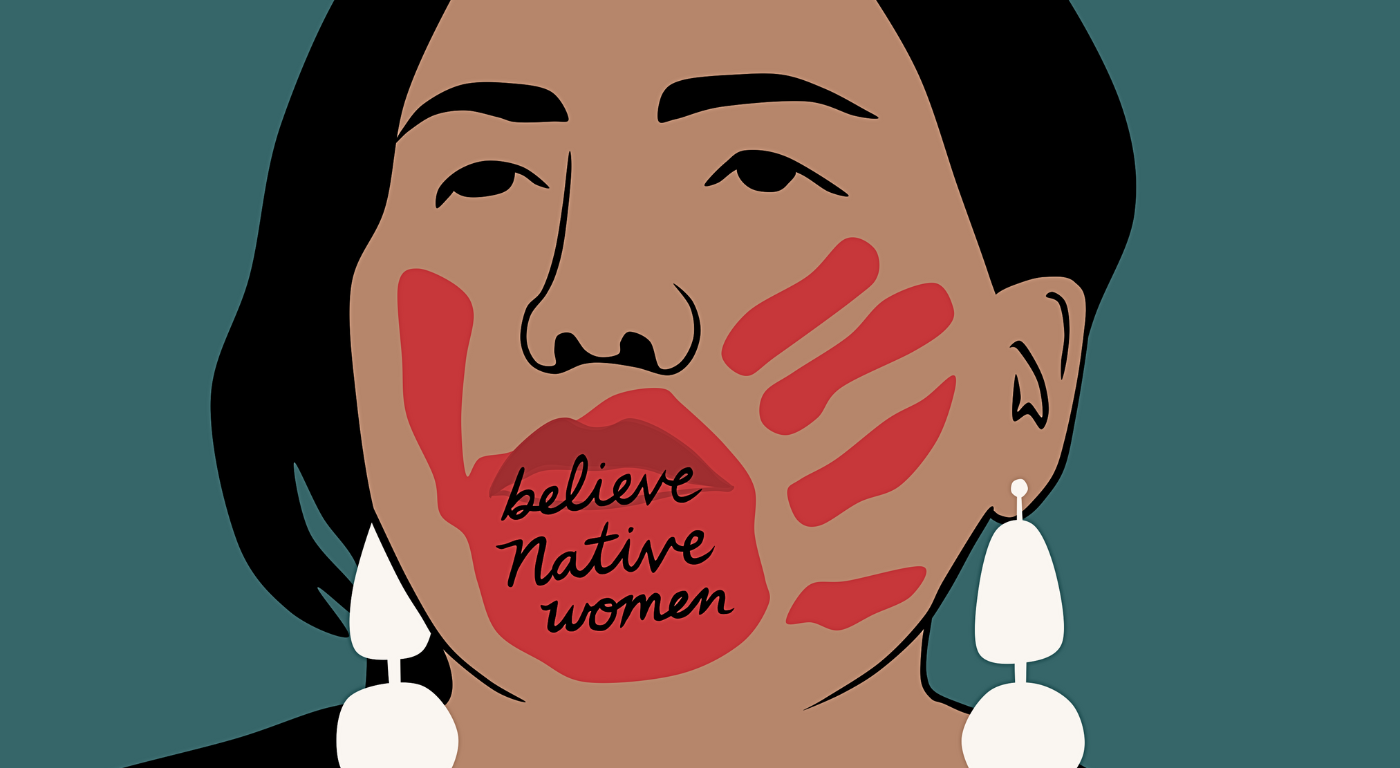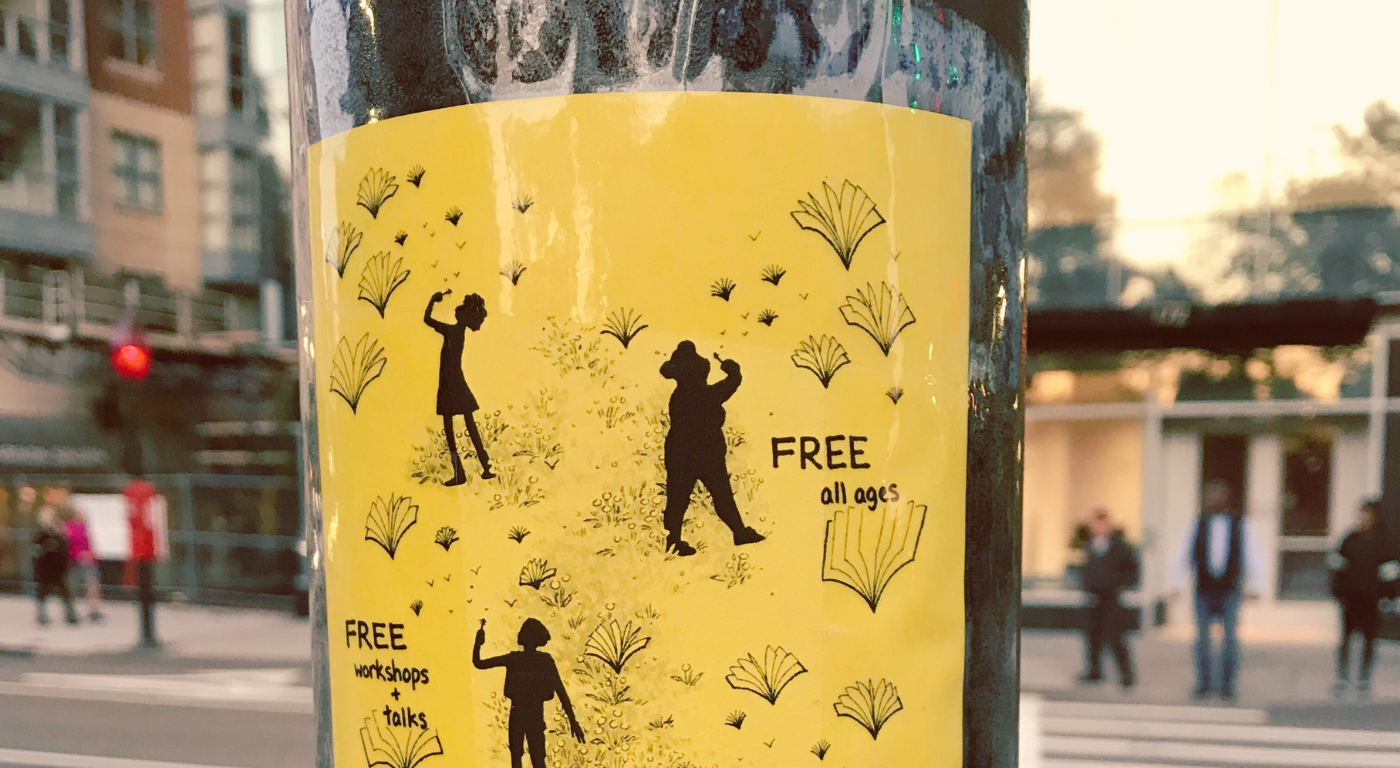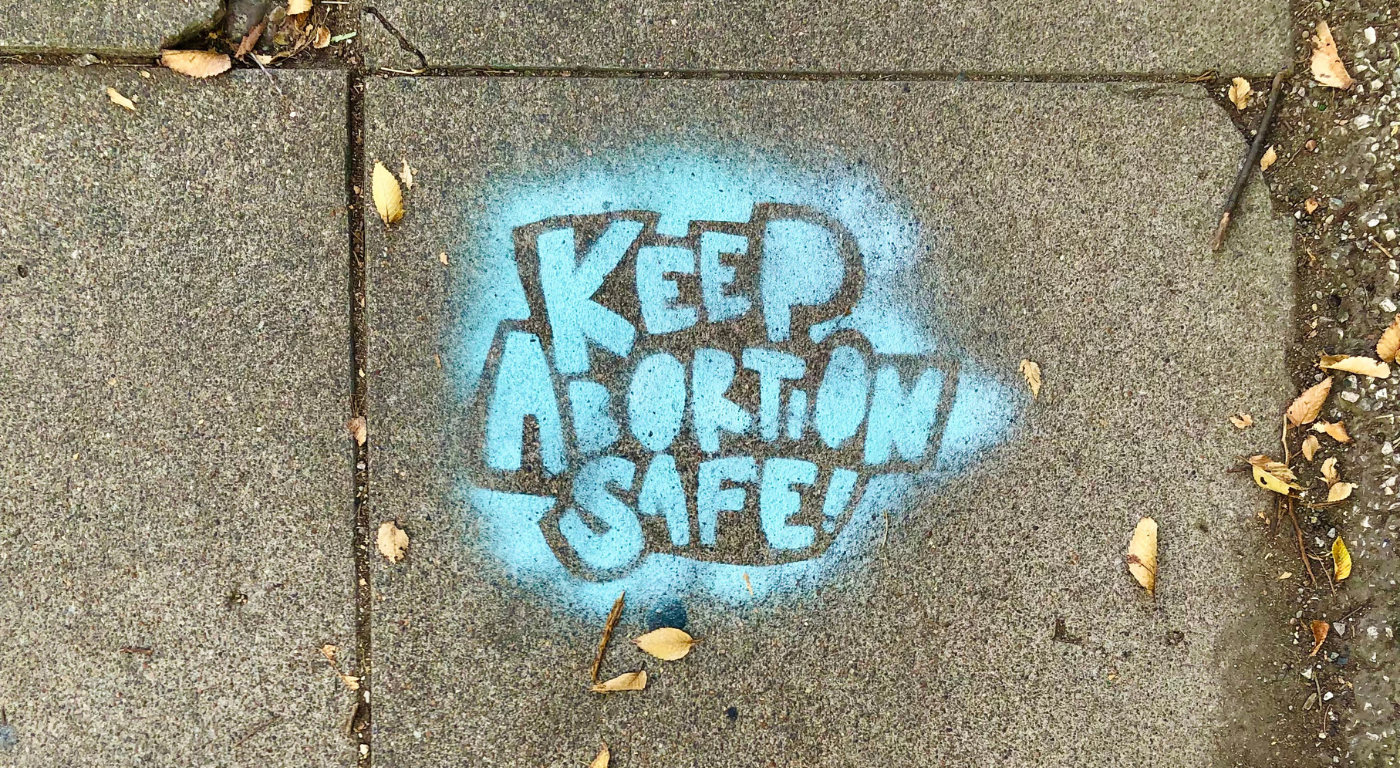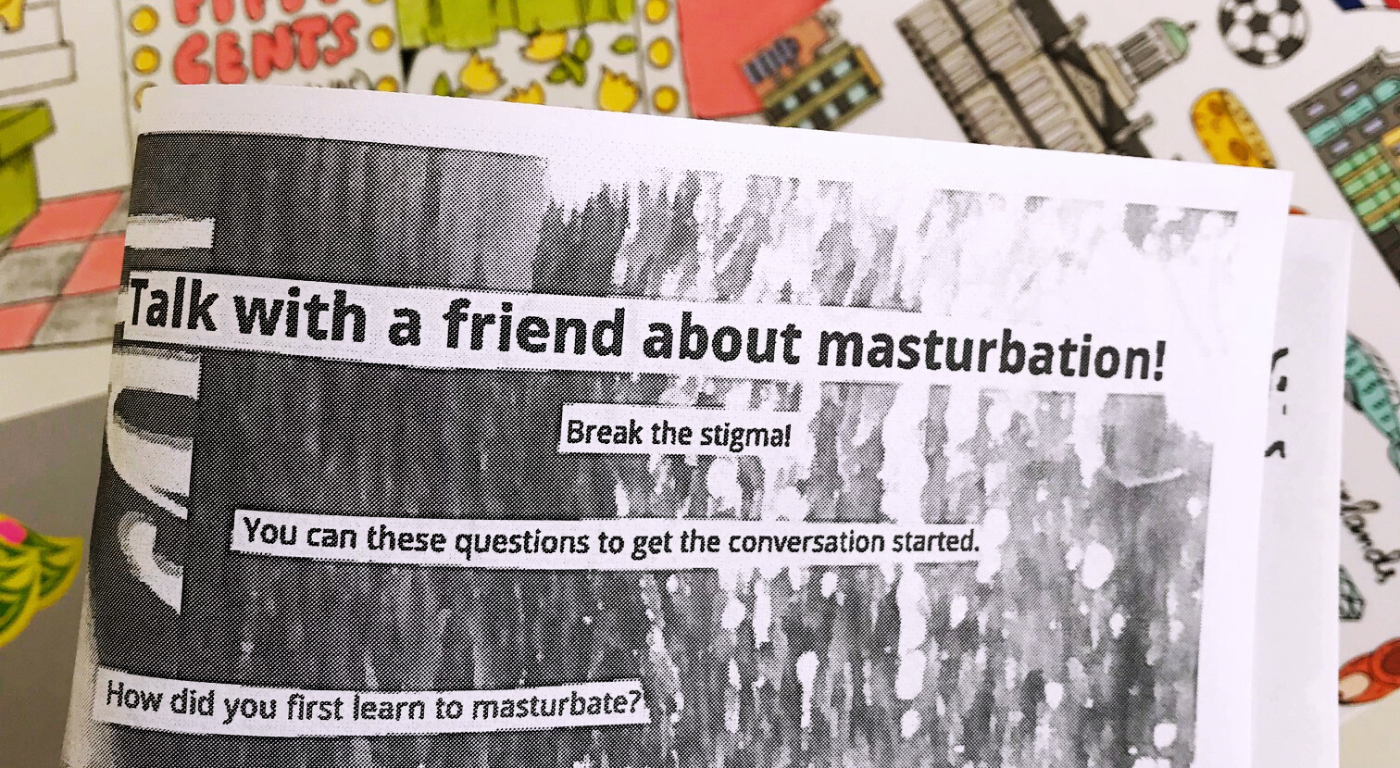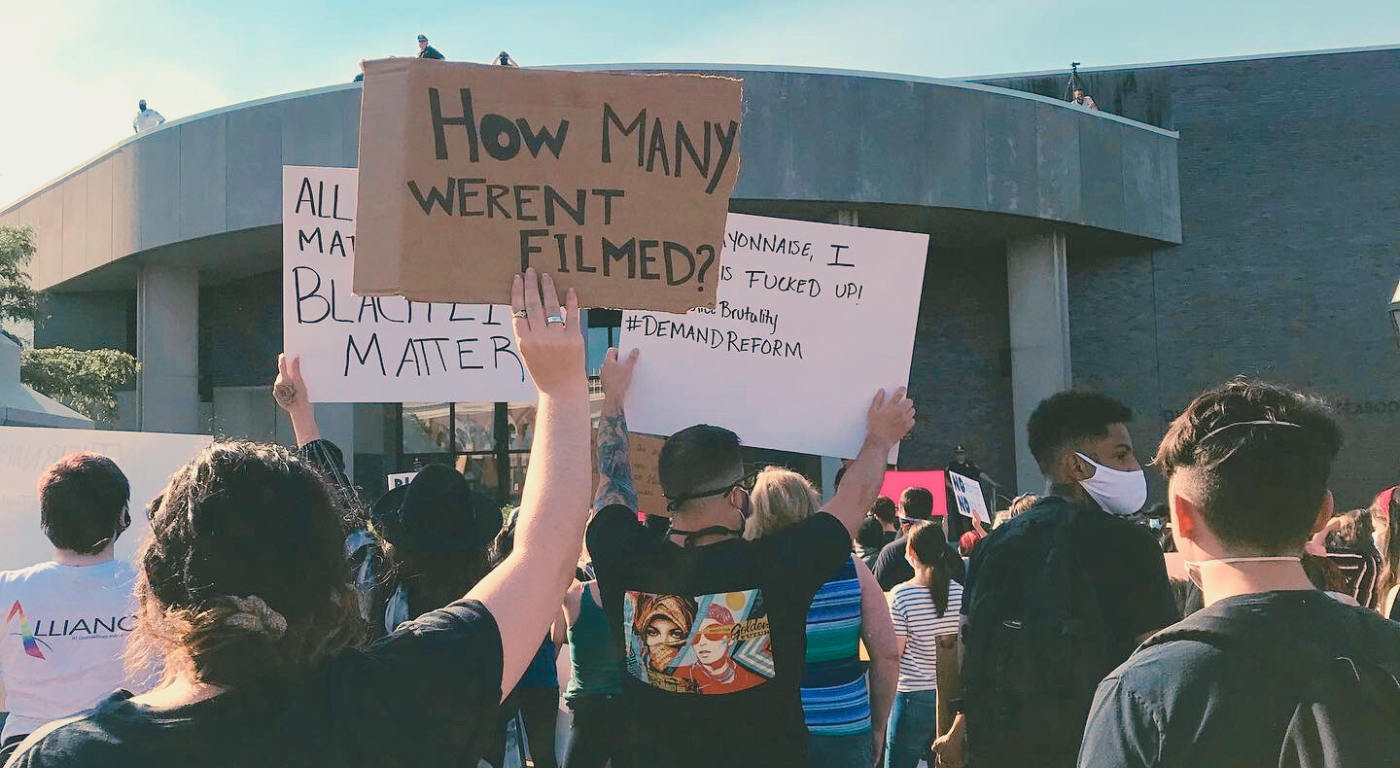|
This week, a U.S. Air Force member named Aaron Bushnell set himself on fire to protest the genocide in Gaza after receiving classified military information. His last words were "Free Palestine!"
It can be easy to write off this sort of extreme protest as a mental health mistake. But that that would mean missing the incredibly powerful statement Bushnell made. Why Am I so Upset About Gaza?1/2/2024 I was talking to a longtime friend today and she mentioned that, in the almost 15 years that we've been friends, she has never seen me so upset about a world event as I am about Gaza.
Today, we lost musician Sinéad O’Connor, who is known for her hit song, Nothing Compares 2 U. O'Connor caused public outrage for speaking out against rampant sexual abuse in the Catholic church in the 90s.
Reproductive Justice Salon Results3/11/2023 What did you do on the evening of February 11, 2023? We ask mainly because we are itching to tell you what we did that night, which was host the Reproductive Justice Salon! Our goal in hosting this event was three-fold: 1) raise money to donate to abortion funds across the country 2) speak out about pressing issues regarding abortion and reproductive justice and 3) create a space of community for activists and supporters of reproductive rights for people of all genders, everywhere.
You Don't Learn About the Clit in Med School11/17/2022 An Interview with Gorjus Doc, aka Dr. Tasha Ramsey If you've ever seen a sexual anatomy diagram, I am willing to bet that it was based on a white person. As much as the sex-positive movement strives to combat oppression, it is still largely made up of middle class white people, and we aren't always as aware of intersectional oppression as we should be.
More than half of American Indian and Alaska Native women (56%) experience sexual assault. The vast majority (96%) are assaulted by a non-Native perpetrator. For centuries, colonizers / the US government have stripped Indigenous folks of power and resources — and continue to do so today. This disempowerment and exploitation makes Native folks especially vulnerable to sexual and relationship abuse (as well as poverty, health issues, pollution, and ongoing land insecurity).
In other words, the system is really fucked up and people are getting hurt. So, what can we do? There is no universal definition of what it means to be financially accessible. What is accessible for one person might be very different from what is accessible for another.
I’ve talked to sex-positive event organizers who see a sliding scale ticket price that starts at $15 as being very financially accessible. My feeling is that even a scale that starts at $1 can be exclusionary for some people. If you’re broke and you’re figuring out where you’re going to spend money in a day, you might have $3 to spend on lunch, and if $1 of that is required for admission to an event that you are really interested in attending, then you're forced to decide between having some crackers (or whatever you can find for $2) and going to the event, or having a bagel (or another $3 lunch) and skipping it. What To Do About Abortion Rights7/1/2022 Banning abortion means forced birth. Forced birth is abuse. It is at odds with the basic human rights of bodily autonomy and self-determination. In many cases, it is even life threatening.
If you, like us, are feeling outraged, powerless, horrified, and/or brokenhearted by the news of last week’s Supreme Court decision to overturn Roe Vs. Wade, here are some things you can do to work to make things better. No one of us can fix this alone, but if many of us do something, we can collectively dig ourselves out of the very bleak place that we are finding our country in right now. When there’s a lot of bad news happening in the world, it can feel like the only appropriate reaction is despair. And if you’re not visibly upset, you’re seen as either under-informed, numb from the overwhelming amount of bad in the world, or, worst of all, an unfeeling monster. But those aren’t the only options! Being faced with tragedy is never easy, but there are steps you can take to avoid complete devastation, compassion fatigue, and burnout (which does not lend itself to working toward positive change in the world!).
Employees from Good Vibrations, the feminist sex toy store located in Brookline and Cambridge, Massachusetts have been on strike to demand safer working conditions during the pandemic.
Sex Ed in Gaza9/6/2018 An Interview with Gazan Sex Educator Mohammed Alkrunz While I was living in Jerusalem and trying to find sexuality-related initiatives in the area (for this zine), I came across the website of an organization called the International Youth Alliance For Family Planning (IYAFP for short). They’re a youth-run (ages 15 to 30) nonprofit that advocates for sex ed and sexual rights around the world.
So, you want to start a sex-positive student group at your school? That's great — here are some tips!
Pleasure Pie in 2017!1/14/2018 2017 was a tough year for the United States. Like many of you, we here at Pleasure Pie asked ourselves, "WTF should we do?" as things spiraled downward on a national level. Should we drop the sex-positivity stuff and do more direct political engagement? Should we stick to what we know, and push for a culture of consent and healthy sexual expression at a time when the need for this is even more visible than usual (with the "locker room talk" and allegations of sexual assault against so many politicians and celebrities)?
Tonight’s Sex Positive Boston discussion was a brainstorming session about what we all can do (individually and/or collectively) in response to Orlando, the police killings of Alton Sterling and Philando Castile, targeted killings of police officers, other recent incidents of police brutality, and racism and oppression in general. We did our best to think creatively about how we can contribute to positive change in light of these dark circumstances.
There is no one right answer, and we are not here to tell you what approach is right for you! On Whether or Not To Call Rape "Sex"4/4/2016 By anonymous Pleasure Pie contributor
[Content warning] I regularly see people proclaim that rape is not sex, and should not be called sex. As someone who has experienced rape, this feels unnecessarily limiting. |
|
Get Pleasure Pie Emails!
(not to be confused with Boston's Sex-Positive newsletter)
|
search the site
|
hello@pleasurepie.org




